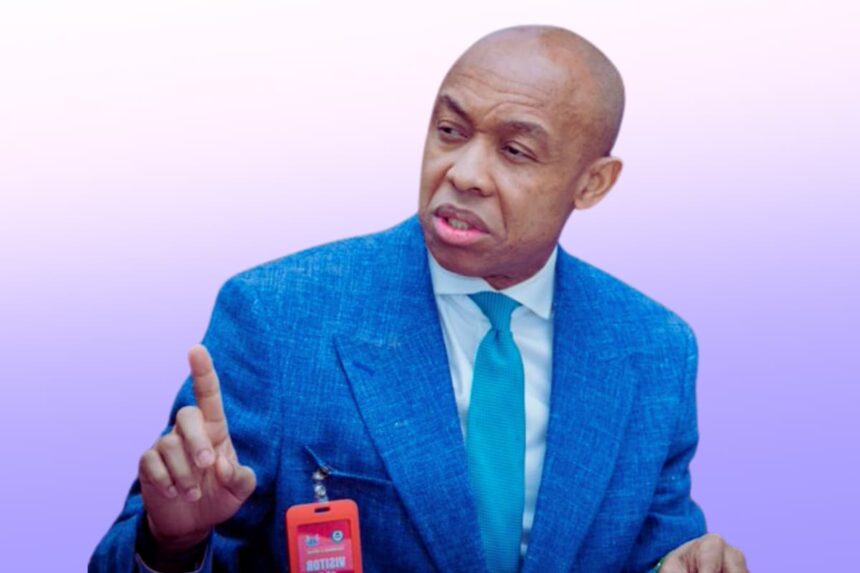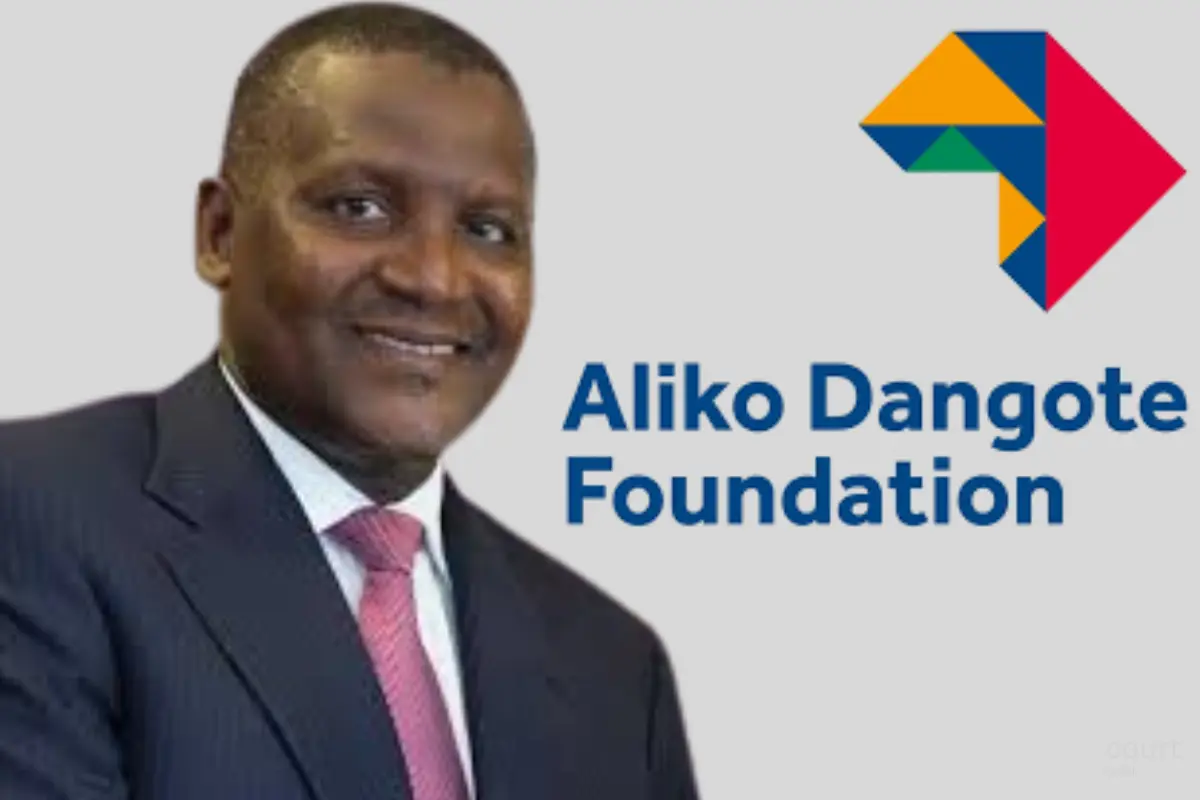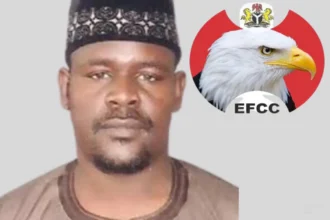Legal scholar and former chairman of Nigeria’s National Human Rights Commission, Chidi Odinkalu, has strongly criticized the Supreme Court of Nigeria over its response to concerns surrounding Justice Emmanuel Akomaye Agim’s recent attendance at a University of Calabar (UNICAL) event.
The controversy arose after reports surfaced suggesting that Justice Agim was present at the convocation ceremony alongside the Minister of the Federal Capital Territory (FCT), Nyesom Wike. The claims fueled speculations of judicial favoritism, particularly in light of recent court rulings perceived to benefit Wike and the former Emir of Kano, Aminu Bayero.
In response to the allegations, the Supreme Court Denied it by issued a statement on Monday, clarifying that Justice Agim attended the event solely as an honoree and distinguished alumnus. According to Akande Festus, the apex court’s Director of Information and Public Relations, the university’s Governing Council had selected Justice Agim to receive an Honorary Doctorate Degree in Law in recognition of his contributions to the legal profession.
The statement dismissed as “misleading” the claims that Justice Agim accompanied Minister Wike, emphasizing that his attendance was personal and not in any official capacity. The Supreme Court further noted that Agim had received permission to attend the convocation instead of joining other justices at the burial of Justice Stanley Alagoa in Bayelsa State.
However, Odinkalu was unswayed by the court’s explanation, taking to social media to express his disapproval. He accused the Supreme Court of “shamelessly defending the indefensible,” arguing that the judiciary should be more mindful of public perception.
“The standard is the perception of the kind of court or judge that will do this kind of thing,” Odinkalu stated. “This is beyond abominable.”
His remarks reflect broader concerns about judicial integrity and the independence of Nigeria’s legal system, with critics questioning whether recent court decisions and judicial conduct align with the principles of fairness and justice.
As the debate continues, the controversy underscores the growing scrutiny on Nigeria’s judiciary and its role in maintaining public confidence in the rule of law.


















